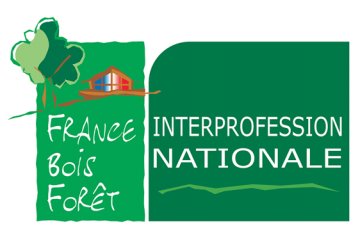Feedback on Maritime Pine Seed Resource Programs France, Andorra
![]() ENVIRONMENT
ENVIRONMENT ![]() FORESTRY
FORESTRY

Services: Monitoring, evaluation and capitalisation
Countries: France, Andorra
Dates of intervention: 2022/02 - 2022/05
Amount executed: 20 160 €
Total amount of the service: 20 160 €
Main backer: France forest wood – National interprofession - Client
Main beneficiary: France forest wood – National interprofession
Support provider: SalvaTerra
Experts: Eva HAENTJENS, Anis CHAKIB
Certificate of satisfactory executionRetour d'expérience sur les programmes de FBF relatifs aux semences de Pin maritime
Context of the service
The renewal of populations of Pinus pinaster (maritime pine) and other coniferous trees (Pinus taeda and Pseudotsuga menziesii (Douglas fir) in particular) is hampered by various problems: fruiting body dieback, seed pests, etc. all leading to a low seed yield.
This is why, since 2018, the Maritime Pine Specialized Section (SSPM) of FBF has been funding research and development programs aimed at: Characterize and evaluate the dieback rate; Identify pests and their life and attack cycles; Determine the most suitable cultural practices for seed orchards; Implement new health protection strategies; Develop specialized varieties.
After three years of implementation, FBF and SSPM wished to assess the performance of these programs in order to estimate the directions to be taken for the next financing phases.
Services provided
The services were as follows:
- Analysis of program documentation and data;
- Semi-structured interviews with operators in the forest-wood sector, stakeholders of the programs;
- Assessment of the implementation, results and impacts of the programmes, and in particular their coherence, effectiveness, efficiency and impacts;
- Recommendations for the continuation of future programs.
Summary of the service
Feedback on the programmes related to the seed resource carried out since 2018 by the Maritime Pine Specialised Section of the FBF: Documentary analysis on the programmes (characterisation of diebacks and pests; adaptation of cultivation practices, of varieties and of health protection); Semi-structured interviews; Evaluation of the program's implementation, results and impacts. Recommendations for the continuation of future programs.